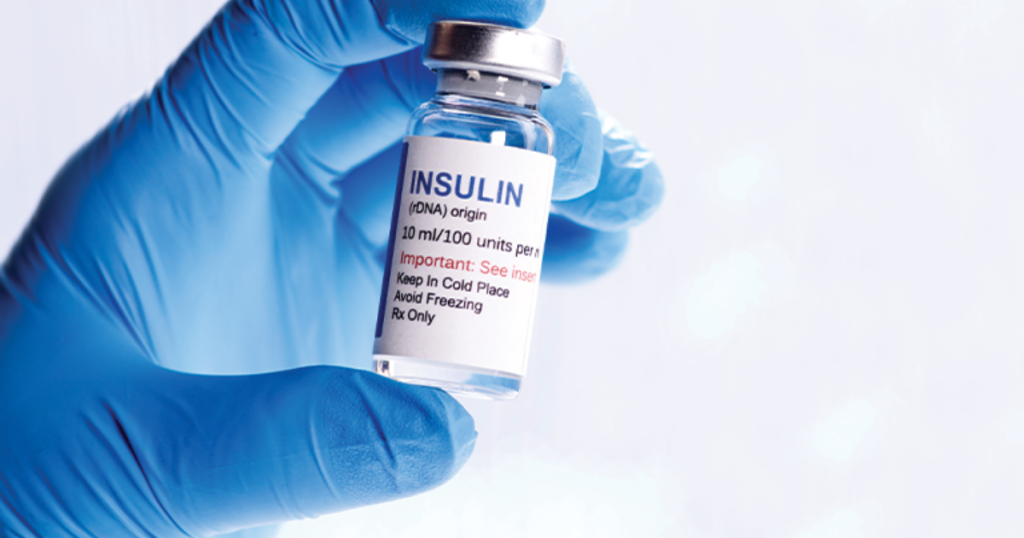
For millions of Muslims living with diabetes, the question “Is insulin halal?” isn’t just theological — it’s deeply personal. Insulin is a critical hormone therapy that keeps blood sugar levels in check, and without it, many diabetics face severe health consequences. Yet for Muslims who adhere strictly to halal dietary and medical guidelines, it’s important to know whether the insulin they’re using aligns with their religious beliefs.
What Is Insulin and How Is It Made?
Insulin was first developed in the 1920s using extracts from the pancreases of pigs and cows. These animal-derived insulins were the standard for decades. Today, however, most insulin on the market is made synthetically through recombinant DNA technology. Scientists use genetically modified bacteria or yeast to produce insulin that’s structurally identical to the insulin naturally made by the human body. This form is called human insulin or biosynthetic insulin, and it’s widely available around the world.
Despite the shift toward synthetic production, some types of insulin may still be derived from animal sources, particularly in certain countries or for patients with specific needs. This variation raises important questions about religious permissibility.
Halal Basics: What Makes a Substance Permissible?
In Islam, halal refers to what is permissible or lawful under Islamic law. Its opposite is haram, or forbidden. When it comes to food and medicine, ingredients derived from pigs are generally considered haram. Animal-derived products are halal only if the animal was slaughtered in accordance with Islamic guidelines, and the substance does not cause harm.
So, is insulin halal? The answer depends on its source, process of production, and medical necessity.
Synthetic (Human) Insulin: Generally Halal
The majority of insulin available today is biosynthetic and created using genetically modified microorganisms. This insulin contains no animal products and does not involve the use of pigs or improperly slaughtered animals. Therefore, most scholars and halal certification bodies agree that synthetic human insulin is halal.
Major Islamic authorities, including the Islamic Organization for Medical Sciences and various national fatwa councils, have ruled that biosynthetic insulin is permissible because it involves no haram ingredients and is created through a clean, controlled process.
Animal-Derived Insulin: Depends on the Source
While rare, animal-based insulins are still used in some regions or for patients with specific allergies to synthetic versions.
- Porcine (pig-derived) insulin is considered haram, since all products from pigs are forbidden in Islam. However, Islamic law recognizes exceptions in cases of necessity (darura). If a Muslim cannot survive without porcine insulin and no halal alternative is available, using it becomes permissible — but only as long as no better option exists.
- Bovine (cow-derived) insulin may be halal, but only if the cow was slaughtered according to Islamic rules. Without halal certification, it remains a gray area.
Some Islamic scholars also apply the principle of istihalah, which means “transformation.” If a haram substance undergoes complete chemical transformation into something new, its original impurity may no longer apply. This is debated and not universally accepted.
The Principle of Necessity in Islamic Law
Islamic jurisprudence offers flexibility when a person’s life or health is at risk. The principle of necessity overrides prohibition (al-darurat tubih al-mahzurat) is a powerful concept that ensures religion does not become a source of hardship.
If a diabetic Muslim has no access to halal insulin and needs it to survive, they are permitted — and even obligated — to use whatever insulin is available, including haram forms. Preservation of life is a key objective (maqasid) in Islamic law.
Halal Certification and Labeling
Halal certification of pharmaceuticals is still developing, but it’s gaining momentum as demand increases. Several manufacturers now seek halal certification for their insulin products to assure Muslim patients of their religious compliance. Halal labels on medications — like those on food — help observant Muslims make informed choices.
Patients who are concerned about the source of their insulin can request information from their doctors, pharmacists, or the manufacturers. A growing number of Muslim-majority countries are working to improve transparency and require halal labeling on medical products.
Conclusion: Navigating Faith and Medicine
So, is insulin halal? In most cases — particularly when it is synthetic — yes. Human insulin produced through modern biotechnology is free from haram ingredients and widely accepted as halal. Animal-based insulin, especially porcine insulin, is not halal by default, but may be used in emergencies or when no alternative exists.
For Muslim diabetics, this should offer reassurance. Islam does not demand suffering or self-harm in the name of ritual observance. Instead, it provides room for compassion, reason, and medical necessity.
As the pharmaceutical industry becomes more transparent and halal certification grows, the gap between faith and medicine continues to close — ensuring that devout Muslims can manage their health without compromising their beliefs.